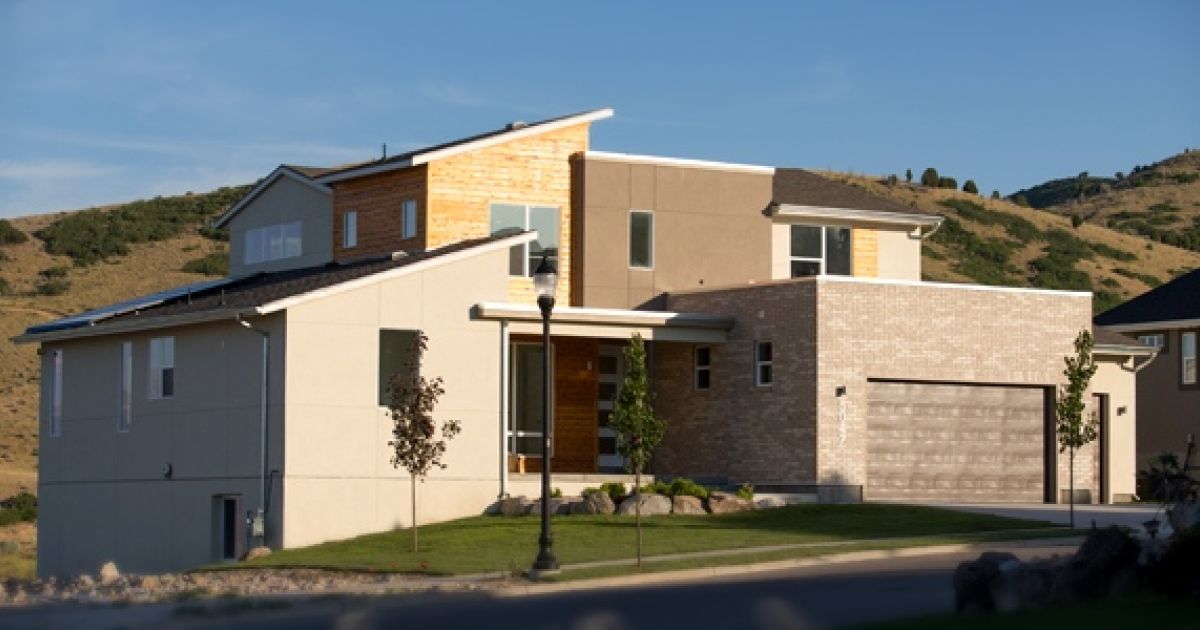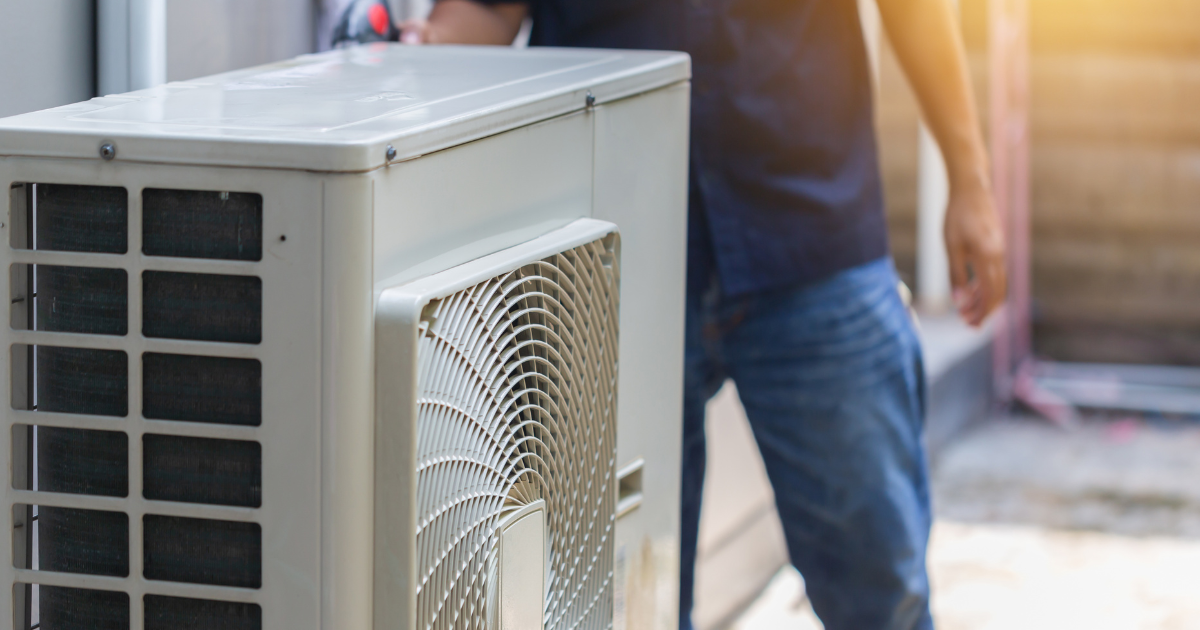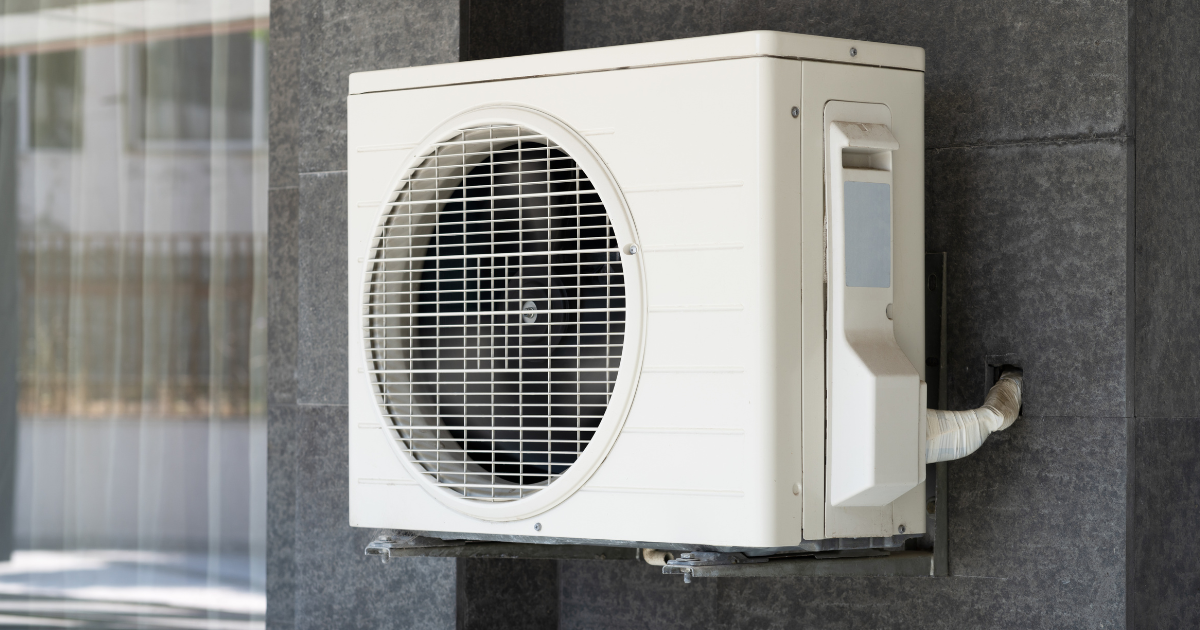What is HERS Rating?
Energy efficiency has come to the forefront in the past few years, but even with all the recycling, composting, and LED bulbs, it’s hard to really figure out how effective your efforts are. That’s where the Home Energy Rating System—HERS, for short—index comes into the picture. What is the HERS index? Is it a good thing?
Back to Basics
The Home Energy Rating System is a linear scale that measures a home’s energy use compared to an imaginary home called the HERS Reference Home. The reference home is essentially the same size and shape as the home being rated, except that it meets the basic standards for energy use, so a score of 100 on the HERS index means that your home uses the same amount of energy as the HERS Reference Home.
The index takes into account everything in your home that consumes energy—heating, cooling, lights, electricity, water heating, and appliances. Some specific variables that affect the rating include:
- Roofs and ceilings
- Windows and doors
- Vents and ductwork
- Exterior walls
- Attic and crawlspace
- HVAC
- Your thermostat
It throws all of that into a complex equation (which can be found in the HERS handbook) to give you a HERS number.
The Numbers Guy
So all that number stuff sounds complicated, but it’s not really. The HERS Index number is a lot like your golf score. You want to aim low. The lower the number, the greater your annual savings and the lower your carbon footprint.
Ideally you want to be at or below 100. It’s a percentage game, so a home with a HERS score of, say, 70 is 30 percent more energy efficient than the standard reference home. The HERS Index tops out at about 150, at which point you’re using 50 percent more energy than the standard new home, your carbon footprint is at its max, and your home actually costs more to function normally. Anything above 150 and you’ll need to improve your home.
A home with a score of zero is considered a Net Zero Energy Home, which means that the home is producing as much energy via renewable resources—solar panels, windmills, water wells—as it consumes. The carbon footprint is nonexistent.
Then there’s a matter of comfort. Oh, yes—comfort is as important as your utility bill and your carbon footprint. The closer your home approaches net zero, the greater your health and general comfort. A Net Zero Energy Home greatly reduces any fluctuations in temperature, which means staying indoors will always feel nice. Compare that to a home with a HERS score of 150, where summers feel blazing hot and winters are freezing.
The Reference Home
The main problem with the HERS process is the HERS Reference Home. It’s meant to be stand-in for your home if it was completely new. The R-values for insulation, U-values for heat loss, HVAC system efficiency, and other variables that go into the reference home are defined by the HERS standards that are tied to the 2004 International Energy Conservation Code Supplement with some variations based on the 2006 IECC.
So it’s been a good 7 to 9 years since the standards for the HERS Reference Home have been updated. Things have advanced, so the reference home may be a bit outdated.
Furthermore, although some values rightfully change based on climate zone, others stay arbitrarily the same. For example, the reference home always has a window area comprising 18 percent of the conditioned floor area, but the R-values associated with wall insulation change based on location. The experts certainly have their reasons for changing or not changing values, but it’s all very difficult for the average person to pinpoint.
The important thing to remember is that it is just a reference. Changing your reference point so frequently would potentially render a lot of your findings invalid, though it stands to reason that the experts might want to reevaluate their standards several decades from now.
HERS and Ours
Overall, the HERS Index is a valuable tool that could truly help homeowners create a more comfortable, eco-friendly living space. More and more homes are getting HERS ratings each year, and the first affordable Net Zero Energy Home was recently unveiled in Utah.

Bob Jenson
For over 45 years, Bob Jenson has been providing quality heating and air services to the San Diego community.
Request Service
Please fill out the form below to request an estimate or schedule service.
"*" indicates required fields







